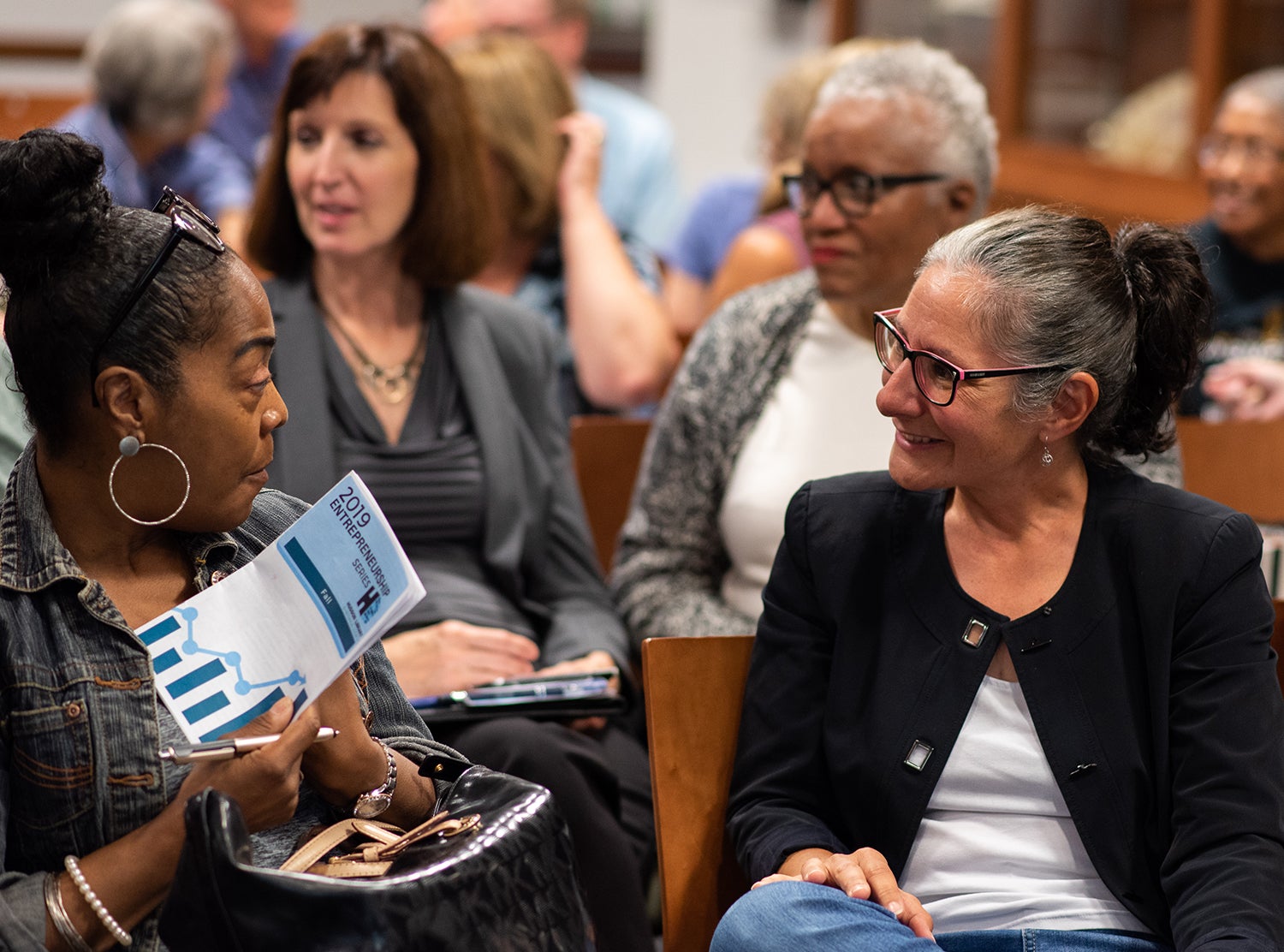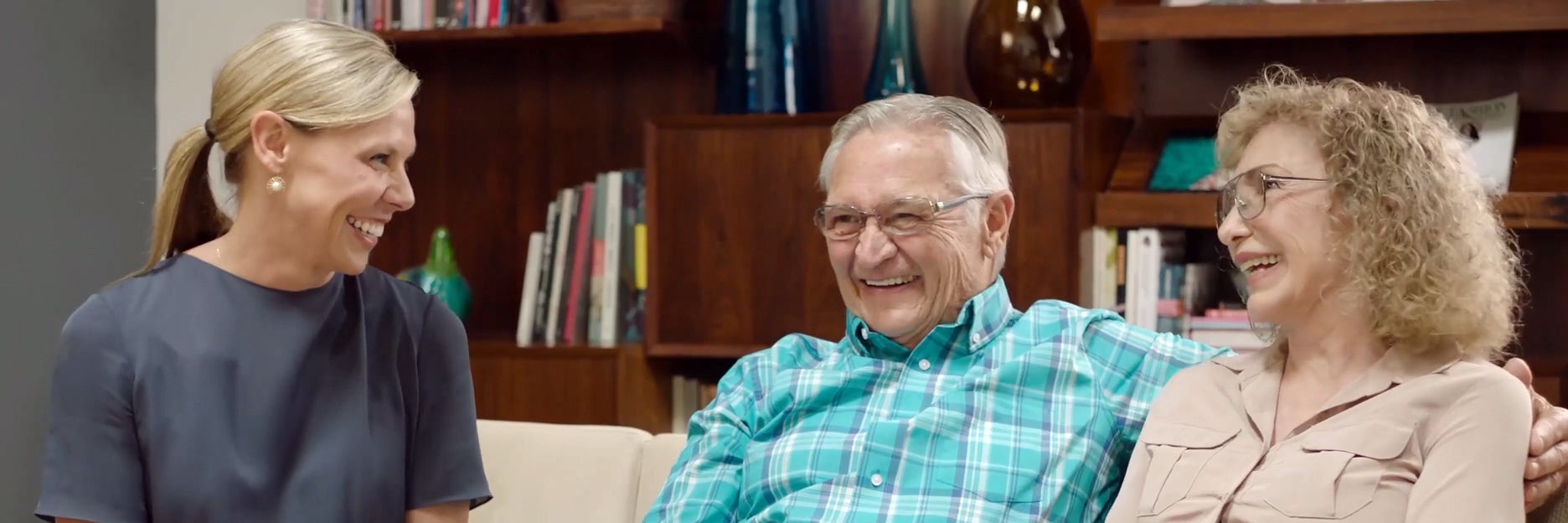Several months ago, I received an email announcement that after 22 years, Elders in Action (EIA), an organization I volunteered with as a student intern, was ceasing operations. I was blown away, as Elders In Action (EIA) was a fantastic operation.
EIA served a tri-county area in and around Portland, Oregon. It had a variety of services for older adults and disabled individuals. The programs were not social welfare operations; instead, they were advocacy programs, operating on behalf of disabled people and people over 60.
I learned about EIA the way I often learn about stuff. At age 69, newly out of my last union job and unable to generate any interest from local unions, I decided I would “take my talents” to a different career, I would become an elder advocate. I had no idea what it meant to “become an elder advocate,” nor did I know who hired “elder advocates.” Anyway, I got in contact with someone at an organization called Elders in Action. He gave me advice: if you want to get paid, learn about aging first. And if you are interested in learning about aging, check out the Gerontology program at Portland Community College. I did. I haven’t gotten a job yet, and it doesn’t look like I will, but I sure did learn about aging and, in the process, volunteered with EIA, earning academic credit as a student intern. EIA was well run, and through those of us who volunteered, able to deliver high-level support for older adults and disabled folks.
I volunteered as a Personal Advocate. We received training along with monthly meetings with guest presenters on topics such as identifying and dealing with elder fraud, helping a victim of elder abuse, and helping isolated elders connect with whatever they might need: services, social contacts, etc.
Most of our cases were about specific issues. We handled each problem on a case-by-case basis. Some of the issues that we dealt with were simple, and others were complex. There is an art tax in Portland-proceeds used to provide supplemental funds for music and art programs in the public schools. Everyone has to pay the tax unless a person’s income is below a certain level. One of my cases was to help a couple fill out the exemption form. It was simple, we met for coffee, and they filled out the form with my help. All done in an hour.
There are many examples. One volunteer stopped a collection agency from harassing a client because they refused to acknowledge she had paid whatever she owed and were trying to take advantage of the fact that she was frail, and. Another volunteer stopped an eviction. We took on and completed about 50 of these kinds of cases each month.
I was fortunate to be asked to help put together a project with the County family court and Volunteers of America, a multi-function organization that works with older adults, at-risk youth, people with disabilities, and others who need support.
The project made it easier for older adults and people with disabilities to obtain legal protection against an abuser. There is legislation in Oregon-the Elderly People and People with Disabilities Abuse Prevention Act (EPPDAPA), which provides the opportunity to obtain a restraining order against an abuser or abusers. There is a form a person fills out, files it with family court, and if they file before noon, their case is heard before a family court judge that afternoon. They get to tell their story, and if the judge issues a restraining order (RO), they bring the RO to the sheriff’s office downstairs from the courtrooms, and a deputy sheriff serves the order on the abuser. The problem we were dealing with was that many victims of abuse were not able to correctly fill out the paperwork; others lacked the confidence to go in front of the judge. I, and others who worked on this project, would help those who asked for help to fill out the forms and file them. Sometimes we needed to bring in a translator to help a person fill out the forms and to appear in court with them. I processed several cases, all of them compelling. One older man applied for a restraining order against his son, who had been beating him. A couple needed one against an acquaintance who had moved into their house and took over, intimidating them and threatening them when they asked him to leave. I worked with a woman suffering from PTSD (she was a disabled Gulf War veteran) who was being abused by her roommate. Her self-confidence dwindled, so after we filed her paperwork, I offered to stand with her when she went before the judge. Since I was not her attorney, I couldn’t speak for her, but I was able to walk her through the questions the judge would ask and sit with her before her case was called. I stood with her when she answered the questions, got her RO, and we took it to the sheriff’s office together. I believe going through the process restored a little bit of her power. Generally, that went for each of the cases we processed (not dramatic, not life-changing, but essential nonetheless).
In addition to the Personal Advocates, EIA had a speakers bureau and a program called Age-Friendly Business. The speakers’ bureau was composed of volunteers who could speak on a broad range of elder related topics. The Age-Friendly Business Program reached out to local businesses. If they were interested, an EIA volunteer would work with the company to help them make whatever changes were needed to make it more accessible to older adults.
EIA depended upon soft money to operate. When the funding from Multnomah County (Portland’s county) was cut from$200,000 to $50,000, and other donations decreased, there was not sufficient funding for EIA to continue its work. The result is a big hole in the safety net that serves older adults and people with disabilities in the greater Portland area, and I have no idea who or what will fill that hole.
– Edward from McMinnville, Oregon, a FAR customer who is finding purpose in this new stage of his life.

Edward
Edward writes for FAR and is also a customer. He is 73-year-old, born and raised in and around New York City. After college and a little graduate school, he took Horace Greeley’s advice and went west. Edward lived in several cities throughout California and currently resides in Oregon. He practiced law for a few years as part of a law collective doing what they called “people’s law,” but spent most of his career working as an internal organizer for the unions.
When Edward’s career ended with the unions, he was determined to become an advocate for older adults. He enrolled at Portland Community College studying Gerontology. He learned a lot about aging and how it applied to his own life experiences and my own aging process. Much of Edward’s writing is related to what he learned in his Gerontology studies.
* The opinions expressed in this article are those of the authors. They do not necessarily reflect the opinions or views of the Finance of America Reverse (LLC).
This article is intended for general informational and educational purposes only, and should not be construed as financial or tax advice. For more information about whether a reverse mortgage may be right for you, you should consult an independent financial advisor. For tax advice, please consult a tax professional.















I WANT TO KEEP UP TO DATE ON RETIREMENT TRENDS
Follow Us.